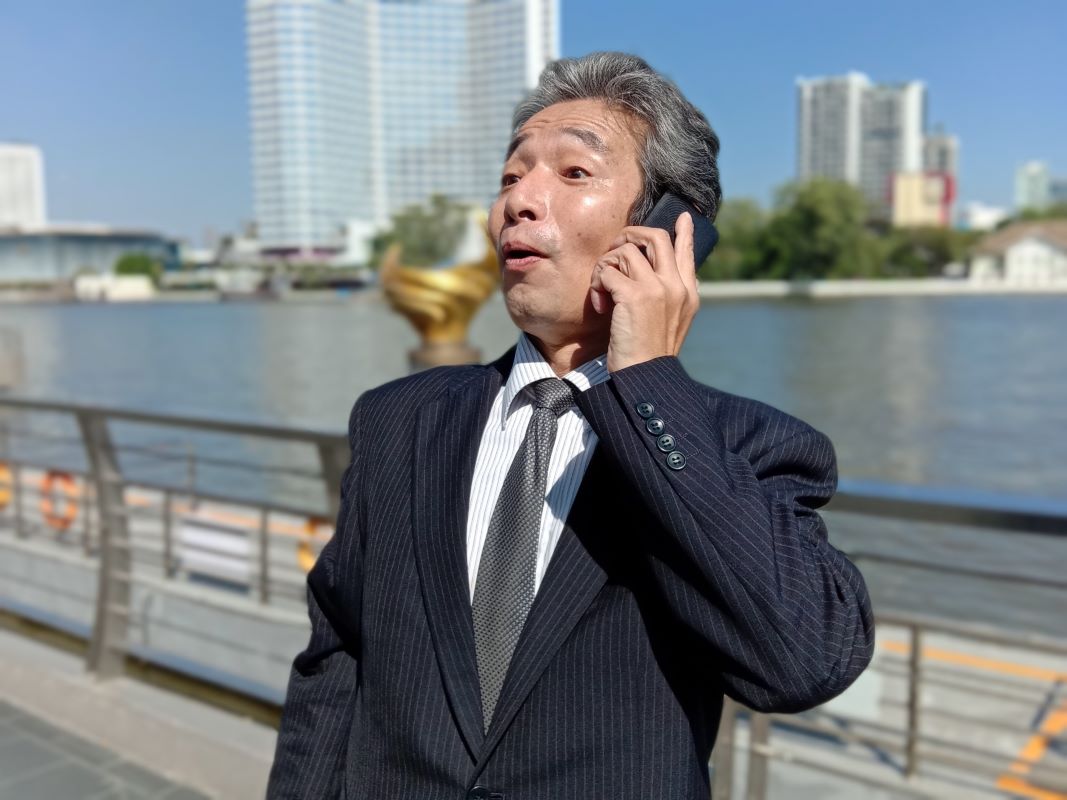Are you soon planning a stay in one of the many metropolises of Japan, or perhaps studying modern Japanese society for a class in school? Perhaps you are simply intrigued by the unique aspects of modern Japanese culture and are learning as much about it as you can so that you may better understand what makes Japan stand out in the world today.

Shinjujuku Salarymen hitting the town after work
Ironically enough, one of the primary ways in which Japan stands out globally is in its societal pressure to not stand out at all. This is likely best exhibited by the Japanese “Salary Man”, which is probably the most common icon seen in public on a weekday in Tokyo.
Where is The Term Saralyman from?

The Japanese “Salary Man”, pronounced “Sah-rah-ree-mahn”, is the popular Japanese term for the identically suited and faceless ground troops of corporate Japan. The term comes from the fact that they are salaried employees, and are notoriously exploited by their companies for being salaried. The term has become synonymous with high stress for a relatively inadequate reward.
Who Wants To Be A Salary Man In Japan?

Japanese Salary Men Commuting In Tokyo
A position as a Salary Man is usually associated with being asked to work long hours with little overtime pay, and also receiving relatively little respect from management and colleagues. They are generally deemed as having little initiative and originality, as this would potentially endanger their homogeny, and standing out is usually considered risky in Japanese society.
Being a Salary Man is obviously not a desirable position to be in, although it may be seen as a stable guarantee of a fairly good wage. This is likely why there are so many in corporate Japan today.
Salaryman In Popular Culture

In popular Japanese media, such as movies, television, anime, games, and more, the Salary Man is a rather common sight. Often the identically suited masses can seemingly be painted into a background cityscape of Tokyo to provide a rather authentic weekday scene.
Some of the cultural stereotypes include unquestioning obedience to company, a life revolving around the office, utter diligence with no originality, and wild weekday nights of ridiculously drunken Karaoke. This iconic way of life, revolving around the office and being spinelessly obedient to company superiors, apparently gave rise to the Japanese terms “shachiku”, and “kaisha no inu” (translated as “corporate livestock” and “corporate dog”, respectively).
Karishi – Death From Overwork
All stereotypes of ridiculing media aside, there are major concerns associated with a position as a Japanese Salary Man. In extreme cases, it is even associated with a Japanese term, “Karoshi”, which translates as “death from overwork”.
This reportedly includes such situations as heart attacks purported to be caused by excessive hours at the office. The conditions of a Salary Man are also reportedly considered a prominent cause of depression associated with high suicide rates in Japan.
How Did The Salaryman Culture Begin?

Japanese Salary Men Off To Work
You may be wondering how it all began and why it is such a prominent issue in Japan today. The answer is most likely found in the post-WWII era of a Japanese recovery.
The cities were being rebuilt and Japan was rising as a corporate phoenix from the ashes of its failed attempt at militaristic domination of the world. The long hours back then were likely necessary to turn Japan into the economic success it is in the world today.
They are not, however, anywhere near as necessary today and are often likely just a way to cultivate favoritism in the workplace. One way to stand out that seems socially acceptable in Japanese society is simply to work longer hours, regardless of getting anything done!